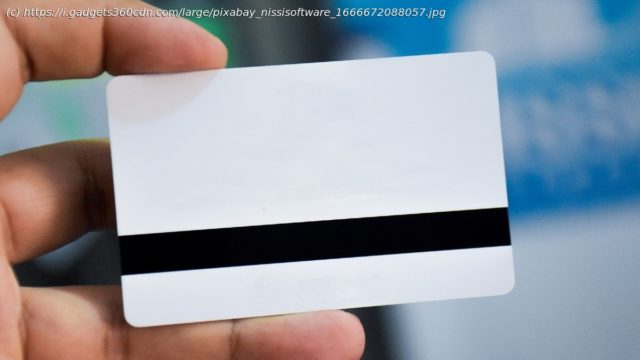Japan has begun pushing its citizens to sign up for digital IDs, plastic My Number cards equipped with microchips and photos, or lose access to public health insurance and other services. My number cards will be linked to drivers’ licenses and the public health insurance plans. Health insurance cards now in use, which lack photos, will be discontinued in late 2024.
Japan has stepped up its push to catch up on digitiSation by telling a reluctant public they have to sign up for digital IDs or possibly lose access to their public health insurance.
As the naming implies, the initiative is about assigning numbers to people, similar to Social Security numbers in the US Many Japanese worry the information might be misused or that their personal information might be stolen. Some view the My Number effort as a violation of their right to privacy.
So the system that kicked off in 2016 has never fully caught on. Fax machines are still commonplace, and many Japanese conduct much of their business in person, with cash. Some bureaucratic procedures can be done online, but many Japanese offices still require “inkan,” or seals for stamping, for identification, and insist on people bringing paper forms to offices.
Now the government is asking people to apply for plastic My Number cards equipped with microchips and photos, to be linked to drivers licenses and the public health insurance plans. Health insurance cards now in use, which lack photos, will be discontinued in late 2024. People will be required to use My Number cards instead.
That has drawn a backlash, with an online petition demanding a continuation of the current health cards drawing more than 100,000 signatures in a few days.
Opponents of the change say the current system has been working for decades and going digital would require extra work at a time when the pandemic is still straining the medical system.
But the reluctance to go digital extends beyond the health care system.






